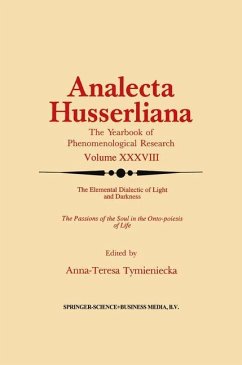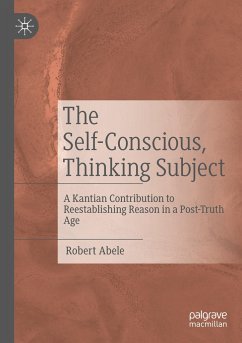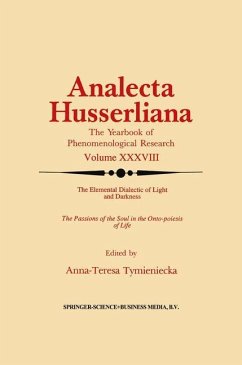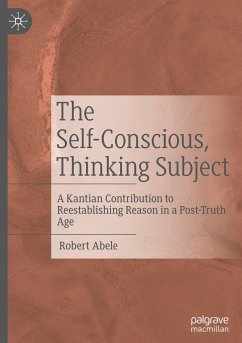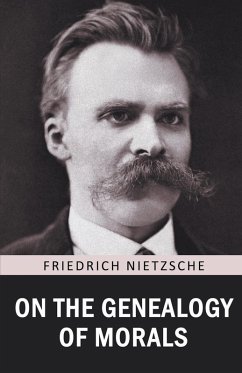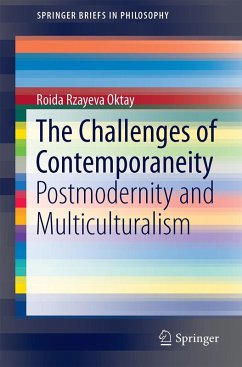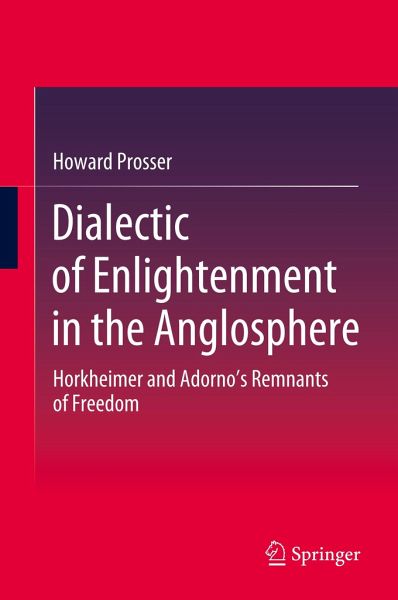
Dialectic of Enlightenment in the Anglosphere
Horkheimer and Adorno's Remnants of Freedom
Versandkostenfrei!
Versandfertig in 6-10 Tagen
76,99 €
inkl. MwSt.
Weitere Ausgaben:

PAYBACK Punkte
38 °P sammeln!
This book explores the reception of Max Horkheimer and Theodor W. Adorno's Dialectic of Enlightenment. It examines a variety of perspectives on the text, supplied by e.g. American critical theorists, British New Leftists, Transatlantic Cultural Studies scholars, Postmodernists, and those working in the current after-theory moment from 1970 to 2010. It considers the works of the Frankfurt School, especially Horkheimer and Adorno, alongside the secondary literature on the subject. The main focus is on how various intellectual circles and trends have responded to the Dialectic, making scholarly d...
This book explores the reception of Max Horkheimer and Theodor W. Adorno's Dialectic of Enlightenment. It examines a variety of perspectives on the text, supplied by e.g. American critical theorists, British New Leftists, Transatlantic Cultural Studies scholars, Postmodernists, and those working in the current after-theory moment from 1970 to 2010. It considers the works of the Frankfurt School, especially Horkheimer and Adorno, alongside the secondary literature on the subject. The main focus is on how various intellectual circles and trends have responded to the Dialectic, making scholarly discussions the primary sources. While the work is a history of the Dialectic of Enlightenment's Anglophone reception, it also reflects the post-1968 left's retreat to academia, which echoes the Frankfurt School's own stance of political resignation.






